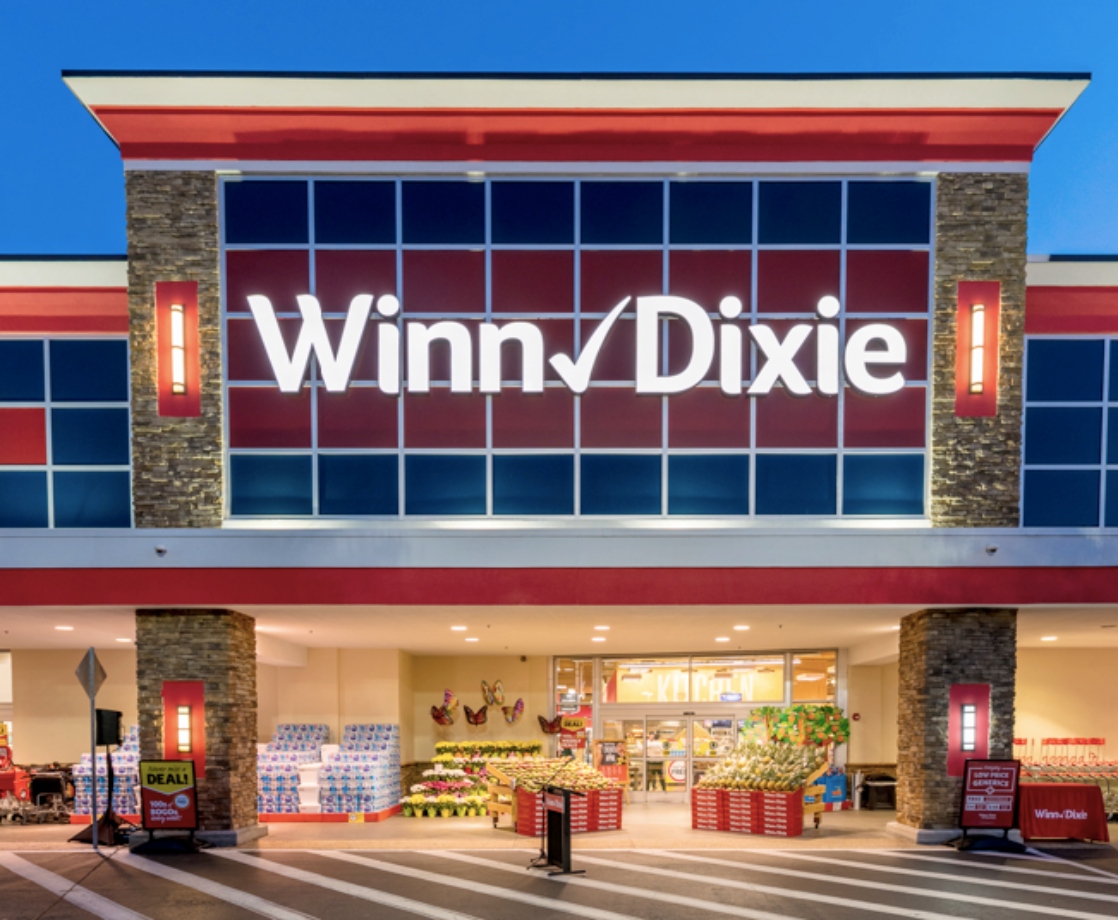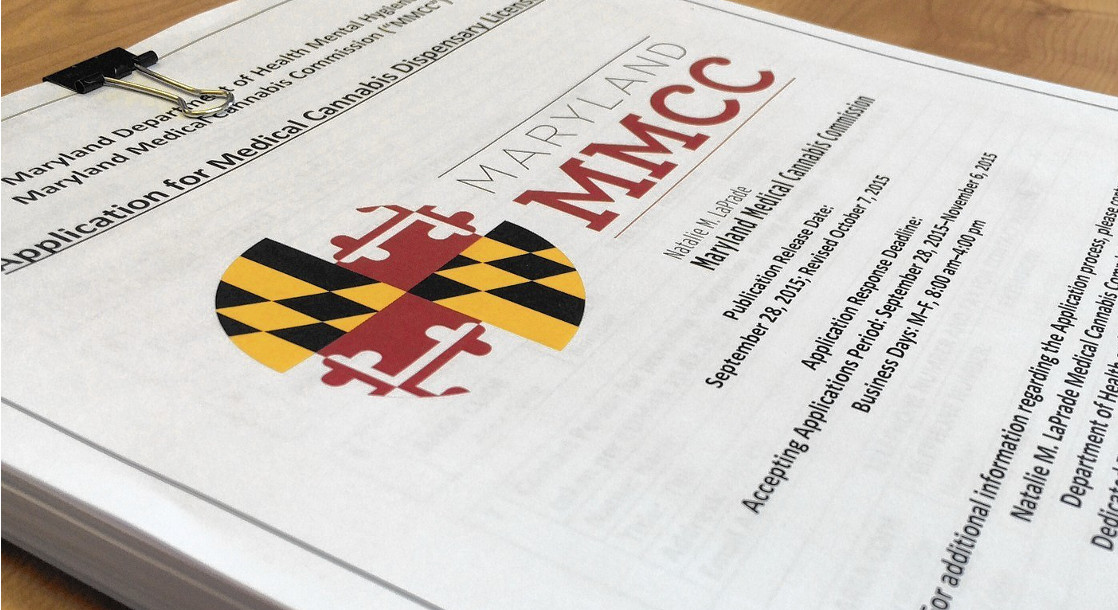Almost a year after the federal government legalized hemp, and hemp-derived CBD along with it, CBD has made its way into the American zeitgeist. Even though the federal government still bans its employees from using this non-psychoactive medicine, and big businesses continue to fire their employees for doing the same, CBD products can now be found pretty much everywhere.
This week, Florida-based CBD producer Veritas Farms announced that Southeastern Grocers, parent company of Winn-Dixie and Bi-Lo supermarkets, will begin carrying its products at select locations. Southeastern Grocers operates a total of 570 retail locations in Alabama, Florida, Georgia, Louisiana, Mississippi, North Carolina and South Carolina — all states that have traditionally been slow to embrace the wave of cannabis reform.
As part of this new deal, full-spectrum CBD oils, tinctures, capsules, and topicals will appear on the shelves of 152 Winn-Dixie and Bi-Lo stores in Florida and South Carolina.
“We’re absolutely ecstatic,” said Derek Thomas, director of business development for Veritas Farms, to the South Florida Business Journal. “As a Florida-based company founded by South Floridians, it’s a badge of honor to be available at a grocery store we grew up shopping in.”
Gallery — Edibles That Look Like Real Food Products:
“We are constantly evaluating potential new products that will provide our customers with the most relevant and up-to-date alternative treatment methods,” said Andrew Nadin, executive VP and chief customer officer at Southeastern Grocers, in a statement. “With the growing mainstream acceptance of CBD-infused items across the United States, we will continue to diligently research additional ways to bring safe, high-quality products that can positively impact our customers’ lives.”
This spring, Kroger Co., the largest supermarket retailer in the US, inked their own deal with Veritas Farms, and are now carrying the company’s CBD products at nearly 1,000 locations across the country. This massive increase in product availability has brought the company $1.5 million in profits during the second quarter of this year, a whopping 800 percent increase over last year’s second quarter.
But although CBD is pretty much everywhere now, the federal government has still been slow to fully endorse the cannabinoid. The Food and Drug Administration has announced that it is working to regulate these CBD products, but despite growing pressure from politicians and lobbyists, the agency continues to drag its feet.
Until these regulations are finalized, CBD producers cannot advertise or market their products as medicinal treatments. Infused foods and drinks are also still technically illegal, even though they can also be found in pretty much every grocery store in the country.











